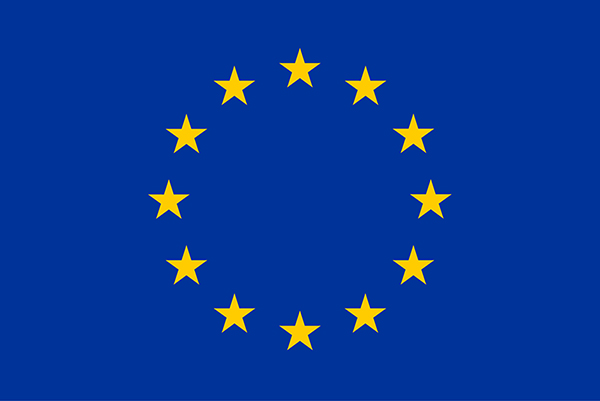The deCrYPtion action
In 2018, I drafted and submitted a proposal for the annual Horizon 2020 Framework Programme call for a Marie Skłodowska-Curie Actions Individual Fellowship, supported by the European Commission . My application was successful, and I was awarded the fellowship to carry out my proposed research.

This Marie Skłodowska-Curie Action (MSCA), project number 839116, is titled: “Decrypting Mycobacterium cytochrome P450 (CYP) physiological functions by testing hypotheses derived from large-scale comparative genomics analysis.” It falls under the Individual Fellowship (IF) category in the Reintegration panel for the 2018 call.
I conducted this work under the supervision of Prof. Steven L. Kelly at the Institute of Life Science within Swansea University Medical School (SUMS) in Wales, United Kingdom.
A brief summary of the work performed for the deCrYPtion action is available on the dedicated CORDIS webpage. Main Project Description
Bacteria from the Mycobacteriaceae family pose a significant threat that needs to be addressed. While the rapid expansion of genome sequencing and pathway annotations has greatly advanced drug discovery, it has also highlighted our limited understanding of bacterial metabolism. Among the many uncharacterised genes are those encoding metabolic enzymes that define unexplored pathways, which could serve as potential targets for developing new methods to combat these pathogens. One particularly promising group of enzymes is the cytochrome P450 (CYP) protein family. Azoles, known inhibitors of CYPs, have been shown to inhibit the growth of M. tuberculosis, making CYPs and their associated pathways attractive drug targets.
The “deCrYPtion” action involved performing a large-scale comparative genomics analysis of the CYP protein family in Mycobacterium species. The goal was to propose and experimentally test functions for selected targets. The experimental results obtained were fundamental in nature, enhancing our understanding of pathogens that impact human and animal health. This new knowledge can be leveraged to inform the development of new drugs. Open Data
For the deCrYPtion project, a comprehensive survey of CYPs across Mycobacteriaceae was conducted using genomic enzymology and comparative genomics. This approach allowed us to identify uncharacterised CYP subfamilies, determine the species they belong to, and investigate their metabolic context to pinpoint worthwhile targets. The Enzyme Function Initiative (EFI) web tool was instrumental in this process. Protein sequences were obtained from the UniProt database and enriched with publicly available data. Using a sequence similarity network (SSN) approach, CYPs were categorised into families and isofunctional subfamilies. Genome Neighbourhood Networks were then generated to identify conserved partners and pathway contexts.
All data generated during this project have been made available according to the Data Management Plan (DMP) on the Zenodo open repository and can be accessed at: https://doi.org/10.5281/zenodo.6583999. This repository contains the Cytoscape session files used to generate and test the hypotheses experimentally. Impact
The primary objective of Individual Fellowships under the MSCA programme is to enhance the creative and innovative potential of experienced researchers by diversifying their skills through advanced training, international mobility, and intersectoral collaboration. The scheme supported my return to Europe through a reintegration fellowship.
Overall, my work on the deCrYPtion action achieved its goals: I gained new scientific knowledge and developed complementary transferable skills, including managerial and teaching expertise.
